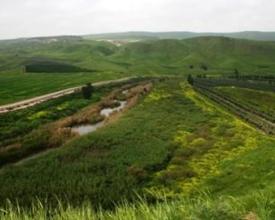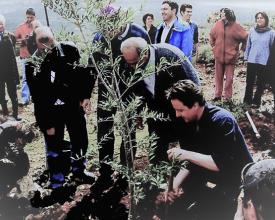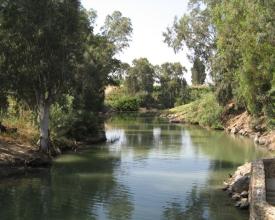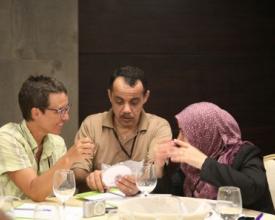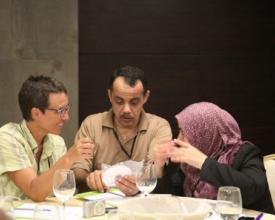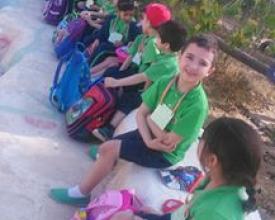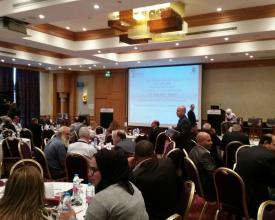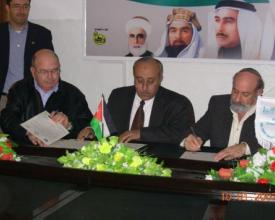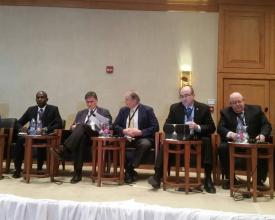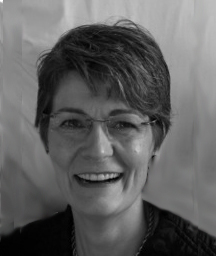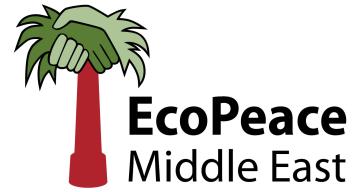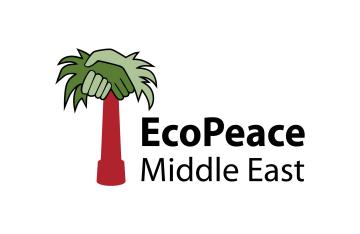
De bons voisins pour l'eau : Réhabilitation du Jourdain par la coopération transfrontalière
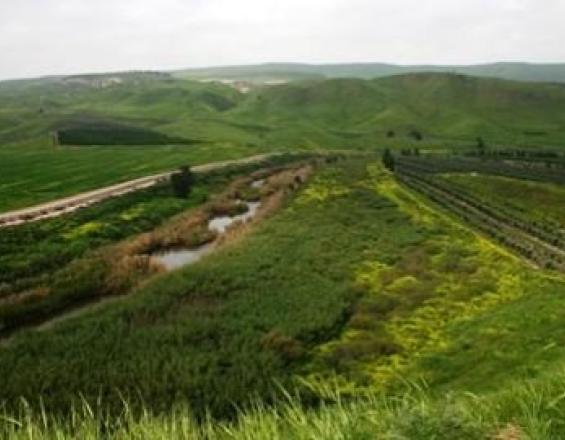
Contexte
Défis à relever
La mentalité conflictuelle qui pousse les propriétaires terriens en amont à s'emparer de la plus grande quantité d'eau possible a conduit le Jourdain à n'être plus qu'un filet d'eau de ce qu'il était à l'origine, 94 % du débit initial ayant été détourné. Le flux d'eau présente une forte concentration d'eaux usées, d'effluents d'étangs de pisciculture et de ruissellement agricole, malgré son incroyable importance environnementale pour le monde, en tant que halte migratoire pour 500 millions d'oiseaux chaque année. Le Jourdain est une zone frontalière entourée de champs de mines, de points de contrôle et de clôtures. La séparation physique garantit l'absence totale d'interaction entre les communautés qui traversent le conflit ; elle suscite la peur et l'incompréhension chez les personnes de l'autre côté. Elle exacerbe le sentiment d'injustice et le ressentiment. En conséquence, la qualité de l'environnement, la stabilité sociale et les opportunités économiques ont été prises en otage par le conflit.
Emplacement
Traiter
Résumé du processus
Blocs de construction
Bottom Up - Initiative de la base
Facteurs favorables
Leçon apprise
Top Down - Initiative nationale et internationale
Facteurs favorables
Leçon apprise
Impacts
Bénéficiaires
Le projet offre une durabilité accrue d'un point de vue économique, social et environnemental. Les bénéficiaires sont les citoyens, les gouvernements, les visiteurs internationaux, les autres parties prenantes et l'environnement mondial.

